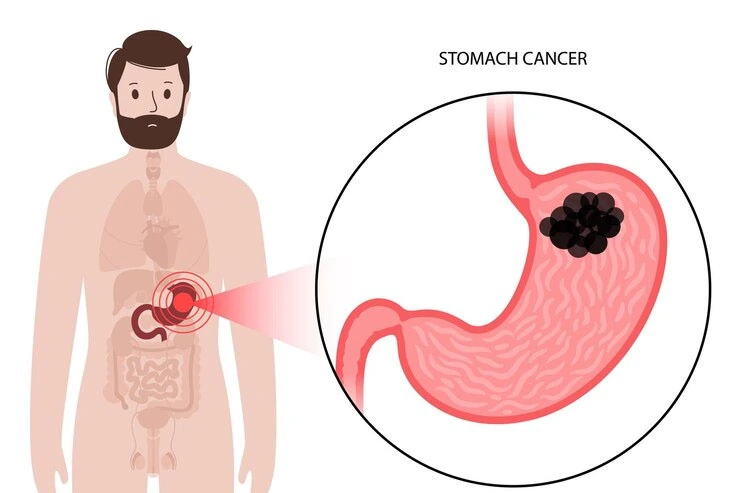Gastrointestinal Cancer Treatment
Gastrointestinal Cancer Treatment
Gastrointestinal (GI) cancers affect the digestive system, including the stomach, colon, rectum, pancreas, and esophagus. These cancers can significantly impact daily life, but early diagnosis and expert care can lead to better outcomes.
Specialists in GI cancer focus on comprehensive evaluations to determine the best course of treatment. Diagnostic tools include endoscopies, colonoscopies, CT scans, and biopsies. In some cases, advanced genetic testing is performed to identify mutations that could guide targeted therapy.
Treatment depends on the type and stage of the cancer:

- Surgery: A primary treatment for localized cancers, where the tumor and nearby affected tissues are removed.
- Chemotherapy: Used to shrink tumors before surgery or eliminate residual cancer cells after surgery. For advanced cancers, chemotherapy helps slow progression and manage symptoms.
- Targeted Therapy: Drugs like bevacizumab (anti-VEGF) or cetuximab (anti-EGFR) are designed to block specific pathways that cancer cells use to grow.
- Immunotherapy: A breakthrough in cancer treatment, it helps the immune system recognize and destroy cancer cells.
GI cancer specialists also emphasize supportive care to manage side effects like fatigue, nausea, or weight loss. Nutritional guidance and counseling are integral parts of the treatment plan to ensure patients maintain their strength during therapy.
With personalized treatment and a multidisciplinary approach, specialists strive to provide the best possible care, improving both survival and quality of life for patients.
